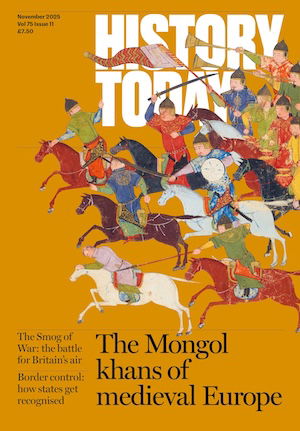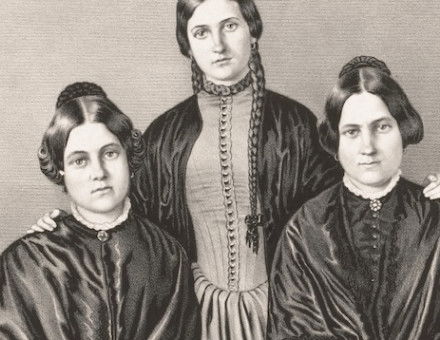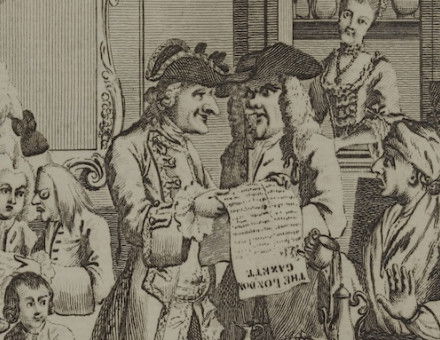Gibbon and History
J.H. Plumb comments on how the famous historian of the Roman Empire, Edward Gibbon, sought a detached and truthful past, free from preconception or the idea of inherent purpose.
Gibbon was not only the heir of the antiquaries and of the great fathers of classical scholarship to whose works he had been constantly drawn since a boy, but also of les philosophes, particularly of Bayle, whom he venerated, and of Montesquieu and Voltaire. Their attitude to the past was novel. Bayle and Voltaire, at least, took a sceptical, often malicious, view of the Christian past and all of its works. Voltaire jeered frequently enough at the mole-like activities of les érudits and mocked their beliefs. Nevertheless, the philosophers were deeply concerned to understand the past in all of its variety and seeming contradiction, searching for laws which would be both rational and convincing. Their interest in historical evidence was largely superficial; it was needed, of course, to underpin an argument or to illustrate a theme, but was not in itself a necessary pursuit in the search for historical truth. Nevertheless, their role in the development of historical studies was profound and, for Western society, deeply original.





